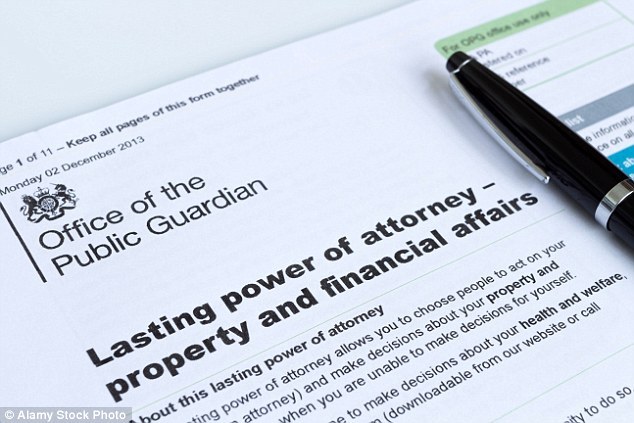
Lasting Powers of Attorney (LPA’s) – Do You Need One?
Whilst is a vitally important to have a valid will and last testament, it is equally important to ensure that affairs are looked after whilst you are still alive. Sadly, many people who have lost the capacity to make financial and health decisions do not have a valid Lasting Powers of Attorney (LPA’s) in place and therefore their loved ones are left to pursue a Deputyship Order under the Court of Protection, which can be lengthy and expensive.
A Lasting Power of Attorney (LPA) is a legal document which allows individuals to give people they trust the authority to manage their affairs if they lack capacity to make certain decisions for themselves in the future. To set up an LPA a person must be 18 or over and have the mental capacity to decide to do so.
There are two types of Lasting Powers of Attorney.
- Property and Financial Affairs
- Health and Welfare
The two LPA’s are similar but operate slightly differently.
The property and financial affairs LPA can be used immediately once registered. Whereas the Health and Welfare power of attorney can only be used when the donor has lost the mental capacity.
To set up a LPA, the donor must have the mental capacity to be able to make a LPA. To have the mental capacity to make a power of attorney it is important that you understand the ramifications of setting up a power of attorney which is that an attorney or attorneys are able to make decisions on the donor’s behalf, though any decision that they make must be in the donor’s best interests.
A certificate provider signs a declaration that the donor understands that a LPA is being made and there is no evidence of undue influence. Only an individual who has known the donor for more than two years can sign as a certificate provider, though a solicitor or a medical professional can also be the certificate provider as long as they believe that the donor has the mental capacity to do so.
Typically, family members and close friends are appointed as a attorney, though professionals such as solicitors can also be appointed as an attorney for financial affairs. This is because they have expertise in managing individual financial affairs and ensures that they have the donor’s best interests at the forefront of their attention.
The time it takes to make a LPA is now taking approximately 4-6 months from the date it is sent to the Office of Public Guardian for registration.
If you would like to put in place LPA’s, call our offices on 01695 574 201 or get in touch with Daniel LaRocque for further information.



